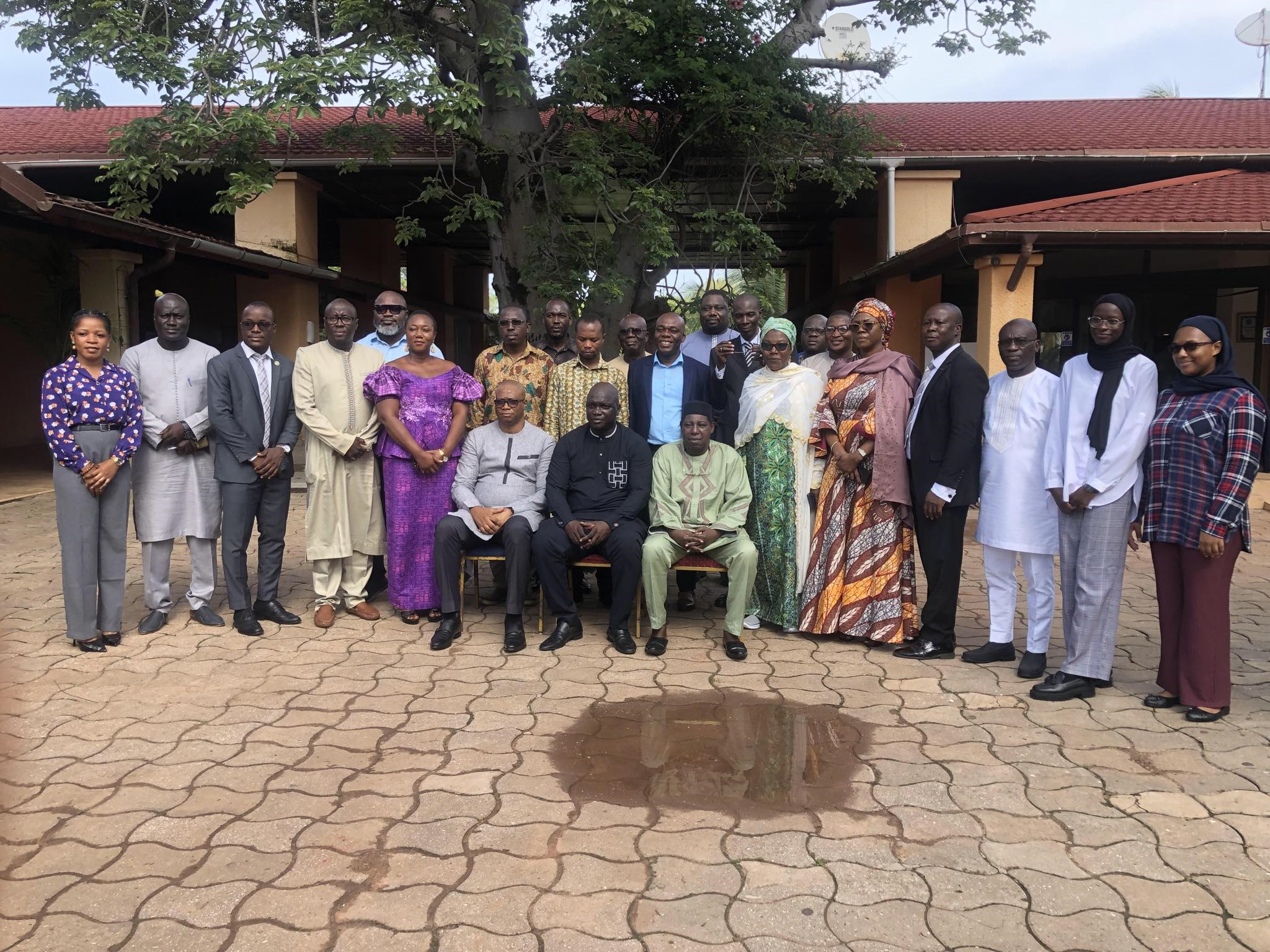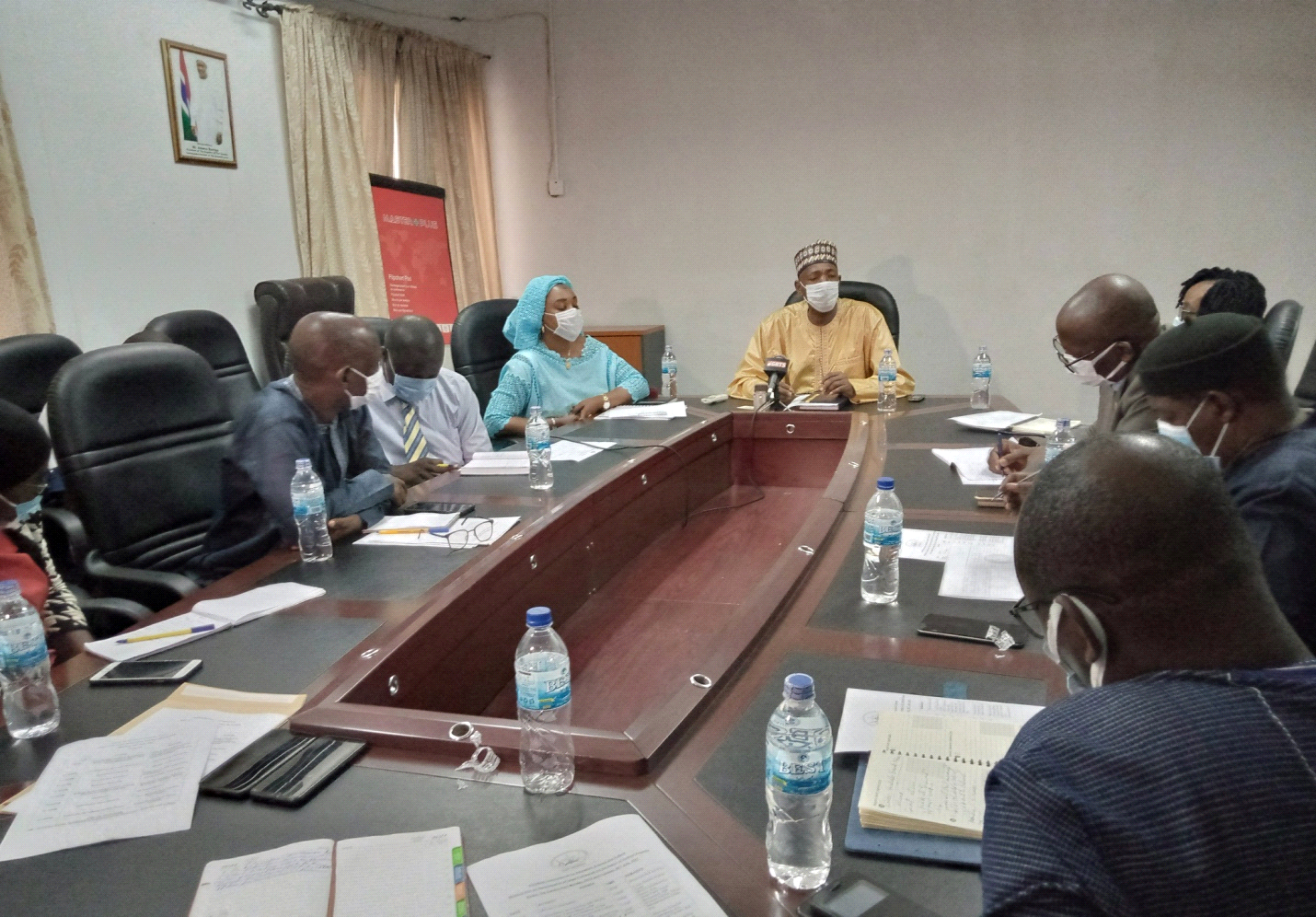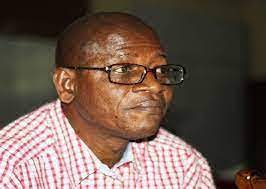By: Nyima Sillah
The Director of the Ecowas Commission, Prof. Abdoulaye Maga, has said the rising unemployment rate in West Africa continues to fuel the sub-region’s multitudes of social, economic, security and political challenges.
“We are all aware of the fact that unemployment has become a major factor in fueling social crisis and conflict, resilience, and rebellion, terrorism and crime, and general political instability in the region, where many sectors vital to development are experiencing skills shortages, while at the same time, unemployment rates keep increasing,” Prof. Maga stated on Wednesday during the opening ceremony of three-day TVET stakeholders meeting geared towards validating the draft action plan-based ECOWAS TVET strategy for skills improvement and employability (ETSSIE).
The meeting is currently underway in The Gambia as the rising problem of youth unemployment in ECOWAS continues to be recognized by the sub-regional bloc.
The bloc recommended Technical and Vocational Education and Training (TVET) as one of the answers to the sub-region’s unemployment problems.
ECOWAS said TVET remains an important tool to reduce poverty, develop human capital and foster employability and entrepreneurship among young people.
According to Prof. Maga, TVET is a productive response to these challenges, enabling learners to acquire practical skills and competencies that meet the present and future needs of the labour market.
He noted that the ECOWAS Commission conducted a series of activities on TVET program, dovetailing into the development of the ECOWAS TVET strategy for skills improvement and employability.
“Our goal is to validate the draft Action Plan by specifically adding value to the content, highlightingrelated challenges and proposing adaptive solutions, devising monitoring and evaluation mechanisms for the post-pandemic context, and of course fostering collaboration, knowledge exchange, and the incubation of innovative ideas,” the ECOWAS Commission’s director explained.
The Permanent Secretary at the Ministry of Higher Education, Research Science and Technology, Dr. Yusupha Touray, said: “This process you embarked on today will build our human capital through a very efficient and effective tertiary and higher education and training process, stimulate growth, and lead to achieving our goals for industrialization.”





